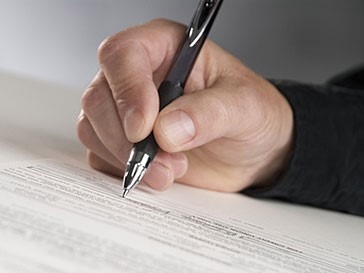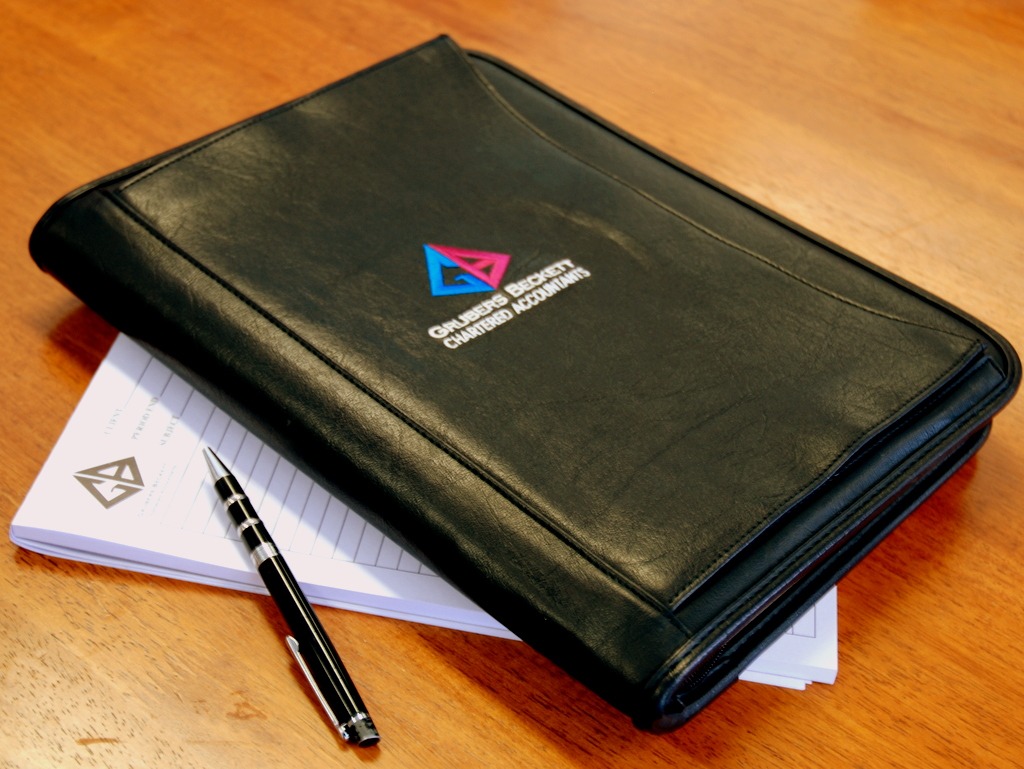
Contactless
Our online tax return service known as contactless, can help you quickly have your tax return completed without needing to enter one of our offices.
About our online tax return
Our Contactless Information Form is for taxpayers whose tax return consists mainly of group certificates, pensions, interest, dividends and straightforward work related deductions etc. If you or your colleagues require any additional copies of the above schedules, either photocopy them or call our office.
If your tax affairs involve more complicated matters, our online tax return service may be inappropriate and we suggest that you give our office a call to discuss any additional matters with one of our accountants or alternatively a face to face meeting may be more appropriate. Either way the teams at Grubers Beckett are here to make your taxation requirements as simple and as easy as possible.

What you need to do
Once you have completed the Contactless Information Form you can simply return the schedule to our office via email or mailing to one of our offices. If you have access to a computer you can request our form and then submit it in our contactless submission portal. If you decide to email your Contactless Information Form, it is not necessary for you to forward your payment summaries or receipts to us, but please keep in mind that under the Substantiation Provisions you must retain these records for at least five years. We will review the information provided by you and prepare your online tax return accordingly.
If further information or clarification is required we will contact you by telephone or email.
Using our online tax return system saves you time and money and there is no need to come in for an interview (unless you want to) as your return can be prepared from the information request. By using this system we can not only reduce our charge but also guarantee that your tax return will be forwarded to you within 21 days of the receipt of the information request. We would expect that the Tax Office will issue you with a refund cheque or assessment within 14 days of receipt of the signed return.
A note on substantiation requirements
The Australian Tax Office (ATO) is becoming increasingly more vigilant and imposing harsh penalties for infringements. Some of the key areas of the ATO audit focus are:
- Over claiming of work related expenses such as cars, travel and uniform expenses.
- Over claiming rental property expenses. The ATO will be targeting taxpayers who make claims for repairs that should be classified as capital improvements. Travel expenses in relation to rental properties and private usage in relation to holiday rental premises are also being targeted.
- Non-reporting of interest and dividend income.
- Non-reporting of Capital Gains on sale of shares or properties.
It is now a timely reminder to revisit the substantiation requirements in that:
- You can only claim deductions for expenses if it is in respect of earning your income. Usually, to claim a deduction or expenses, you must have physically spent the money.
- You must be able to substantiate the expenses in that you must have written evidence which shows :-
- the supplier
- the amount
- the nature of goods and services
- the date the expense was incurred
- the date the receipt was written
- If expenses are less than $10 each and total less than $200 for the year or if it is unreasonable to get a document as receipts are not issued you may make you own record.
- All records must be retained for five years from the due date of lodgement of your return or when you actually lodge it, whichever is later. If you have a dispute with the Commissioner you obviously have to retain all records until the dispute is resolved.
- When you make a claim for expenses which are not 100% work related, records must be kept to show the basis of the calculation of the percentage deductible. In respect of the business use of a motor vehicle you would be aware of the need to keep a log book for three months. There are similar requirements for computers, videos, cameras etc., which are not 100% work related. It is recommended that a usage diary for say one month be retained to demonstrate the percentage of business use.
Contact us
Our Latest Insights

Looking for a job in accounting?
We are always on the look out for skilled professionals to strengthen our team.
